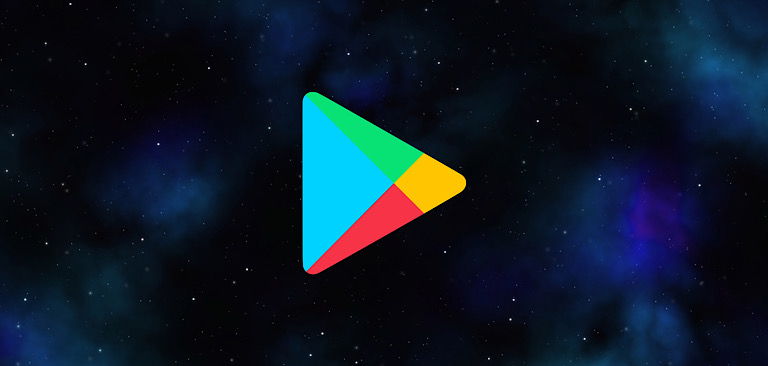Google has put several open-service Fediverse apps on notice and threatened to remove them from the Play Store within seven days unless they prevent their users from connecting to user-generated content that violates their policies.
Google’s “User Generated Content (UGC) policy” bans apps that allow users to access posts that “promote violence, or incite hatred against individuals or groups based on race or ethnic origin, religion, disability, age, nationality, veteran status, sexual orientation, gender, gender identity, or any other characteristic that is associated with systemic discrimination or marginalization.”
So far, the Fediverse apps Subway Tooter, Fedilab, and Husky have reportedly been sent these notices. Tens of thousands of users have collectively downloaded these apps via the Play Store.
“Hatred” is a subjective term and many existing Big Tech “hate speech” rules result in the censorship of jokes, opposition, criticism, and more.
But censoring Fediverse apps based on this vague, subjective term creates further problems.
The purpose of Fediverse apps is to allow users to connect to and interact with a decentralized network of servers which each have their own rules, members, and moderators who control the content that gets posted and the content that gets taken down. The Fediverse app developers have no control over the content that gets posted to these servers.
The way Fediverse apps connect users with this content is similar to the way browser apps allow users to connect to and interact with websites. Asking Fediverse apps to ensure that their users don’t connect to any rule-violating content is the equivalent of asking the developer of a browser app to ensure that their users don’t see anything on the internet that could be classed as hateful.
Since there’s no way for an app developer to predict what Google might find hateful or to proactively police the billions of pieces of user-generated content on the internet, Google’s UGC policy essentially sets an impossible standard for browsers, podcast clients, social media apps, and other apps that connect users with user-generated content.
Not only does it set an impossible standard but Big Tech’s apps aren’t held to this same standard. Mainstream social media apps such as Facebook and Twitter are filled with user-generated content that some people will likely deem to be hateful. Likewise, Google Podcasts and the Google Chrome browser can be used to find user-generated content that some would brand as hateful.
But when so-called hate speech is found in apps controlled by Big Tech, they use their vague, subjective hate speech policies to censor their users instead.
Despite the impossible standard and the inconsistencies when it comes to enforcement, this isn’t the first time Google has used this policy to ban an independent social media app.
Free speech social media app Gab was given a similar notice in July 2019 and ultimately banned from the Google Play Store because it allowed users to connect with user-generated content that Google deemed to be “objectionable.”










